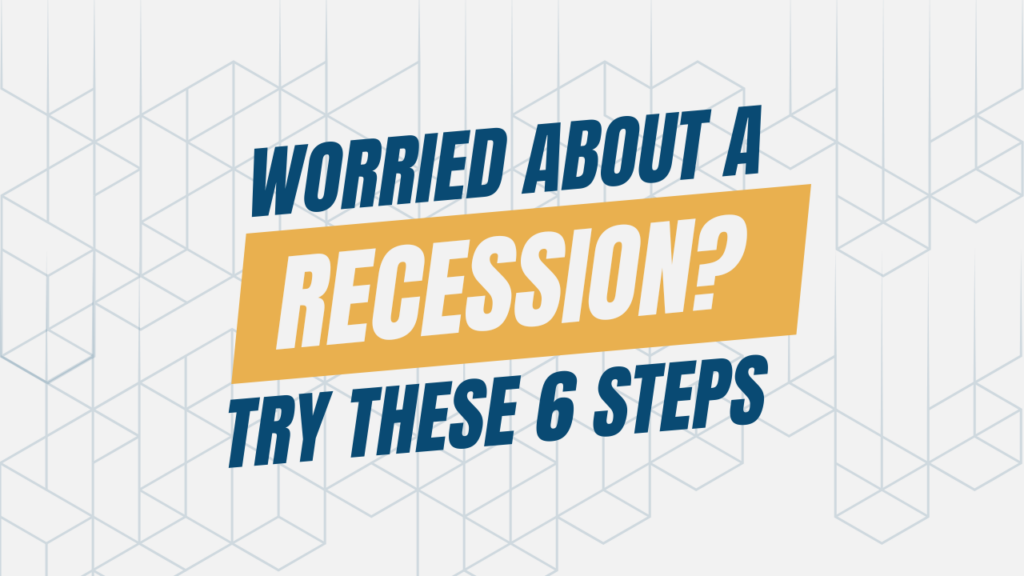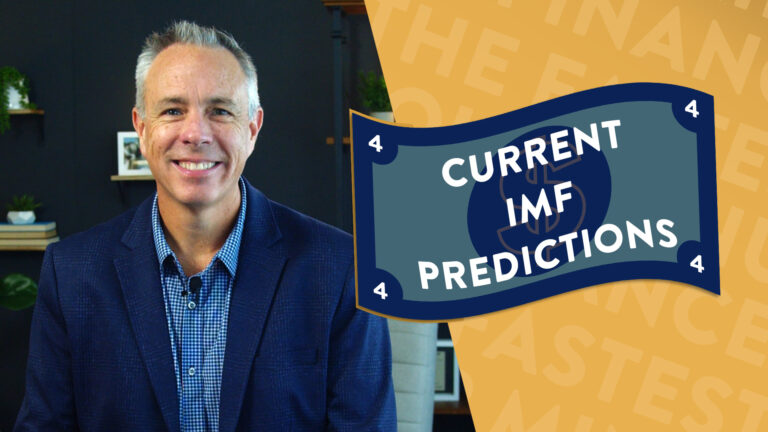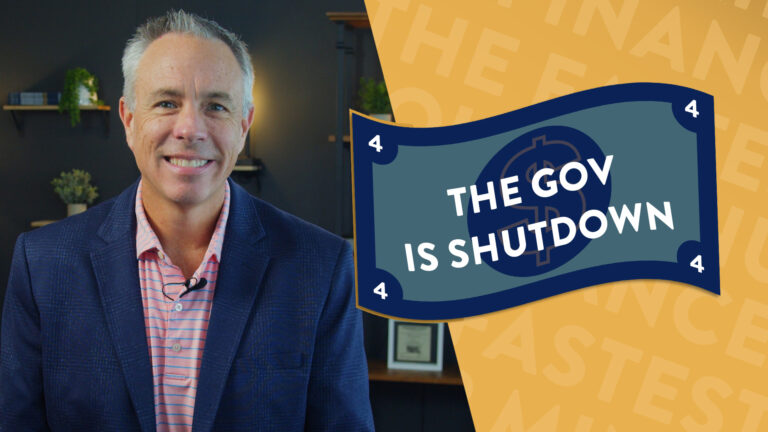The stock market plummeted on Monday, with the steep decline marking the most significant drop in nearly two years. Despite a slight rebound at Tuesday’s opening bell, concerns about a potential recession remain widespread among investors and analysts. So, what should you do if you’re worried about a recession?
Build Up Cash Reserves
If you’re fearful of a recession, the best first step is to save up cash. Having a solid cash reserve is crucial during periods of economic uncertainty. If we were to end up in a recession, job loss chances increase significantly. You’ll want to make sure your emergency fund is prepared with at least 6 months of living expenses. This safety net can help you avoid dipping into long-term investments or retirement funds, allowing you to weather financial storms with greater ease.
Pay Off High-Interest Debt
This goes hand in hand with saving. High-interest debt can quickly become a burden, especially during economic downturns when financial stability may be at risk. Creating margin in your budget is one of the best ways to improve your financial wellness and often starts with eliminating the drain that debt puts on your cash flow. Prioritize paying down credit cards, personal loans, and other high-interest debts.
Stay Calm, Don’t Panic
It’s easy to get caught up in the headlines and market fluctuations, but it’s important to stay calm. Panic-driven decisions can lead to costly mistakes, such as selling investments at a loss. Remember that corrections are to be expected and though past performance isn’t indicative of future results, markets have historically recovered from downturns. Keeping a level head allows you to make more rational, well-informed decisions.
Consider Your Risk Tolerance
A recession is a good time to reassess your risk tolerance. Your risk tolerance is essentially your ability and willingness to endure market volatility. Consider the amount of risk you’re willing to take to build toward your long-term goals! If you find that you’re losing sleep over market swings, it might be time to adjust your investment strategy to align better with your comfort level. A financial advisor can help you determine the right balance of risk and return for your situation.
Don’t Try to Time the Market
Timing the market—trying to predict when to buy or sell—is a risky endeavor that even seasoned investors often get wrong. Instead of attempting to time the market, focus on maintaining a diversified portfolio and sticking to a long-term investment plan. This approach can help you stay invested through market cycles and benefit from potential recovery phases.
Rebalance Your Portfolio If Necessary
Market fluctuations can cause your investment allocations to drift from their original targets. Rebalancing your portfolio involves adjusting your asset allocation back to its intended levels. This may involve selling overperforming assets and buying underperforming ones. Rebalancing helps manage risk and ensures that your portfolio remains aligned with your financial goals and risk tolerance.
While the prospect of a recession can be daunting, taking these six steps can help you feel more prepared and secure. Take comfort in knowing that if your asset allocation matches your financial goals, risk tolerance, and need for liquidity, you probably don’t need to change anything, even if you think a recession is coming. By staying proactive and maintaining a long-term perspective, you can navigate economic uncertainties with greater confidence.
The opinions voiced in this material are for general information only and are not intended to provide specific advice or recommendations for any individual.





